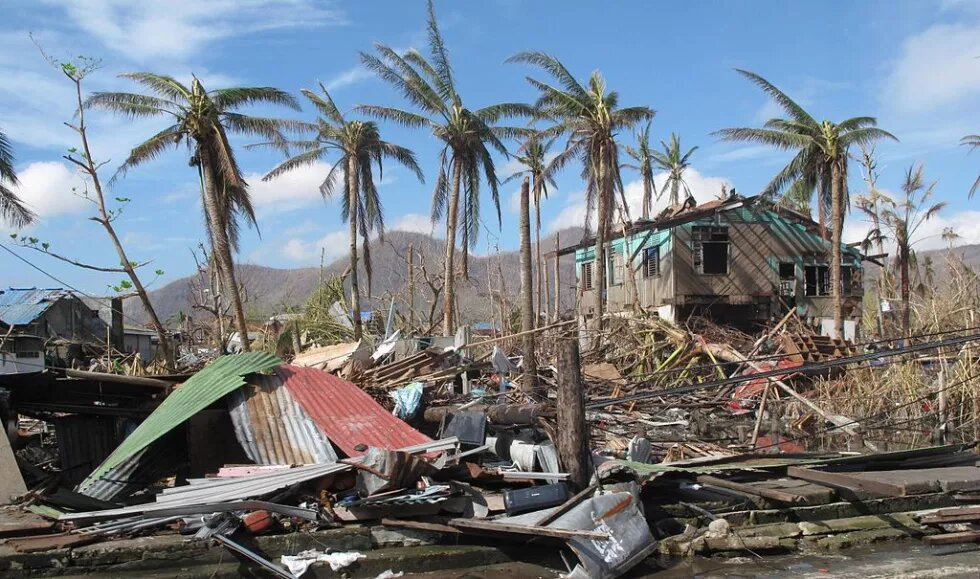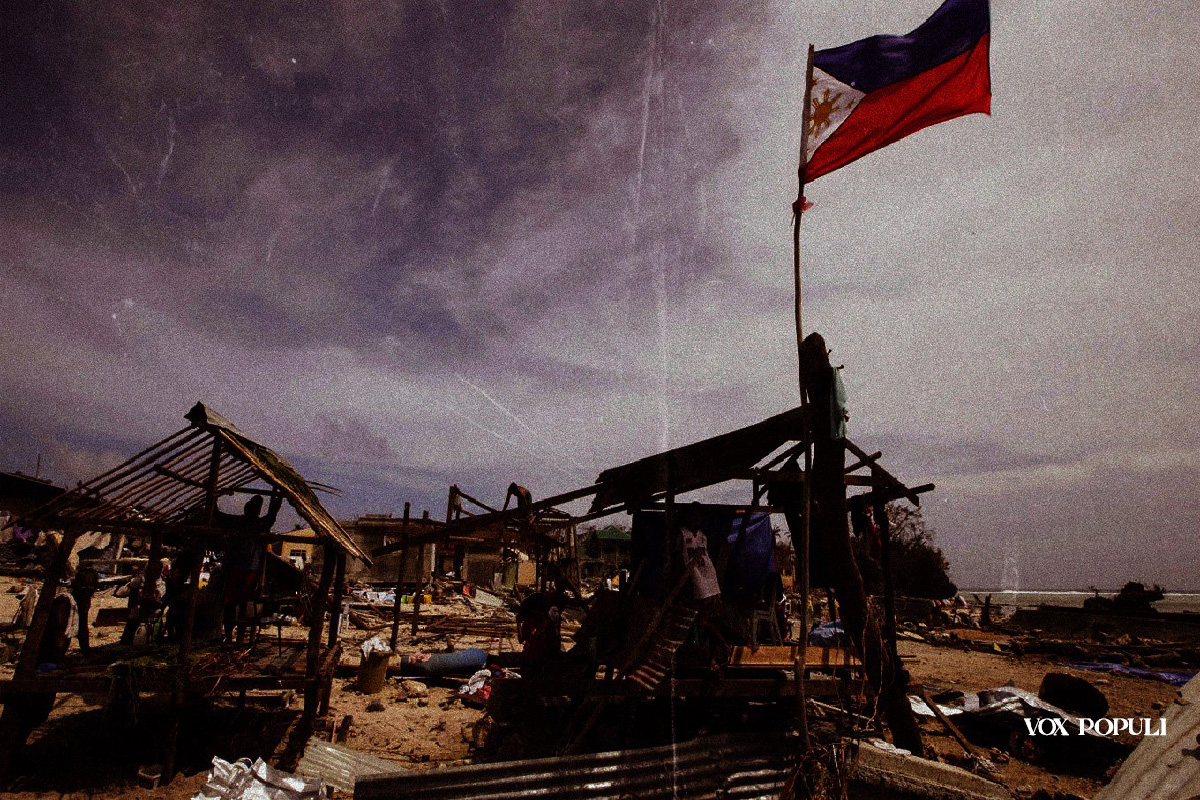Insight into Environmental Change: Its Powerful Adverse Effects
Weather patterns have undergone significant shifts over the past few decades, causing typhoons to become more powerful, droughts to last longer, sea levels to rise, and rainfall to become increasingly erratic. Across the nation, these environmental changes are transforming communities, livelihoods, and lives. They are not just abstract concepts but real challenges that impact millions of Filipinos. In the face of continuous environmental changes, the resilience of Filipinos is more important than ever as we confront the challenges brought on by climate change.
Human health is also suffering due to rising temperatures caused by climate change. In recent years, heatwaves in the Philippines have become longer and more intense, especially in urban areas. Prolonged heat can lead to heatstroke, dehydration, and an increased risk of cardiovascular and respiratory illnesses. Vulnerable groups such as children and the elderly are at greater risk. Poor urban planning and inadequate infrastructure exacerbate the effects of heat, making cities less livable as the country continues to urbanize.
The Filipino people are known for their resilience in the face of adversity. Filipinos are recognized for their determination, resourcefulness, and strong sense of community in times of calamity. Typhoons, earthquakes, volcanic eruptions, and other disasters have repeatedly tested this resilience. However, resilience is not just about enduring adversity—it also involves actively seeking long-term solutions. The international community must also recognize that climate change is not only an environmental issue but a social and economic one. Developed nations, which have historically contributed the most to carbon emissions, must fulfill their commitments to reduce emissions and support vulnerable countries like the Philippines in adapting to climate change.
Picture References:
-https://thepost.net.ph/opinion/student-vox/resiliency-has-never-been-a-bad-thing/
-https://ibtekr.org/en/cases/innovative-natural-disaster-preparedness-program-in-the-philippines/
-https://th.boell.org/en/2022/01/21/climate-disasters-philippines





Great job sharing ideas that others can use too, keep it up<33
ReplyDelete